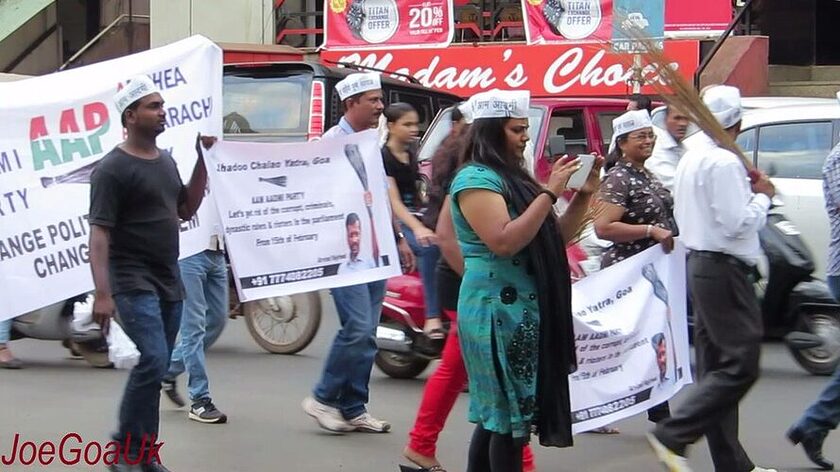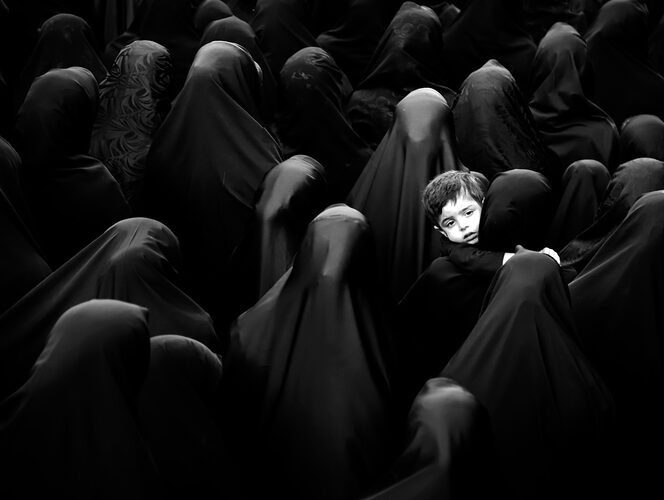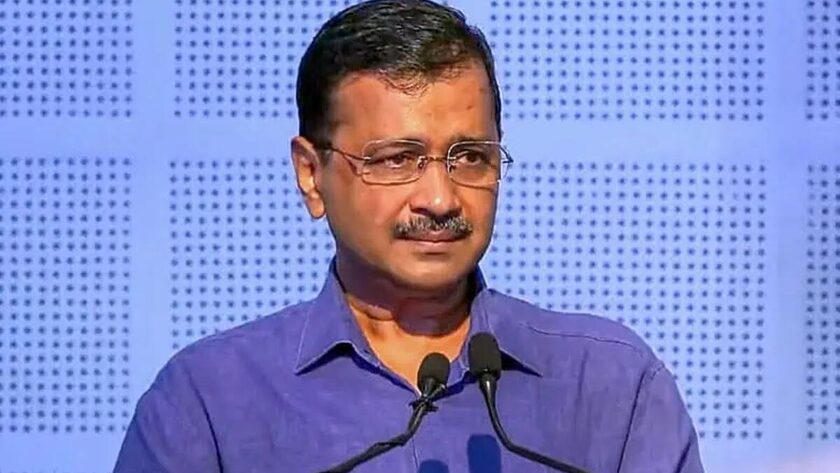The Spark That Lit the Fire
In a dramatic turn of events, Delhi Chief Minister Arvind Kejriwal was arrested by the Enforcement Directorate (ED) on Thursday night in an excise policy-linked money laundering case. This unexpected development has sent shockwaves through the political landscape of India.
AAP’s Response: A Call to Action
In response to Kejriwal’s arrest, the Aam Aadmi Party (AAP) has announced a series of protests. AAP leader and Delhi minister Gopal Rai unveiled a four-day protest plan. The party, along with the Opposition INDIA bloc, will hold a protest at ITO’s Shaheedi Park. Punjab CM Bhagwant Mann will also be in attendance.
The Gherao: A Bold Move
The highlight of the protest plan is the ‘gherao’ or encirclement of Prime Minister Narendra Modi’s residence on March 26. This move is seen as a direct challenge to the central government and a show of strength by the AAP.
The Message: A Fight for Democracy
Rai stated that the arrest of Kejriwal is against the Model Code of Conduct. He alleged that MLAs and councillors of the AAP were stopped from meeting the family members of the Delhi chief minister. He further added that the whole country is sad and angered by Kejriwal’s arrest.
Conclusion: A Battle Ahead
The AAP’s decision to gherao the PM’s residence is a bold move that underscores the party’s resolve to fight back. As the nation watches, the events following Kejriwal’s arrest are set to shape the political discourse in the days to come. This incident serves as a stark reminder of the power of protest in a democracy and the lengths to which parties will go to safeguard their leaders and principles.











